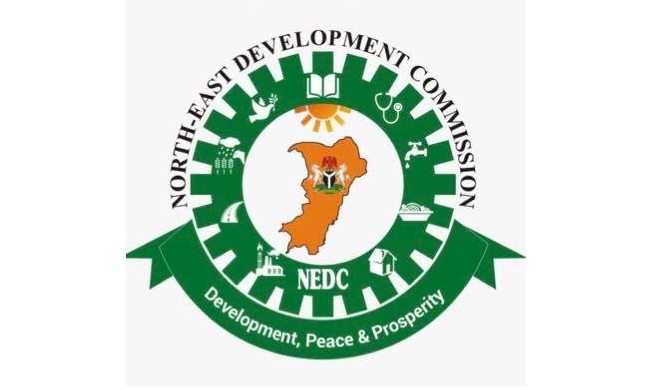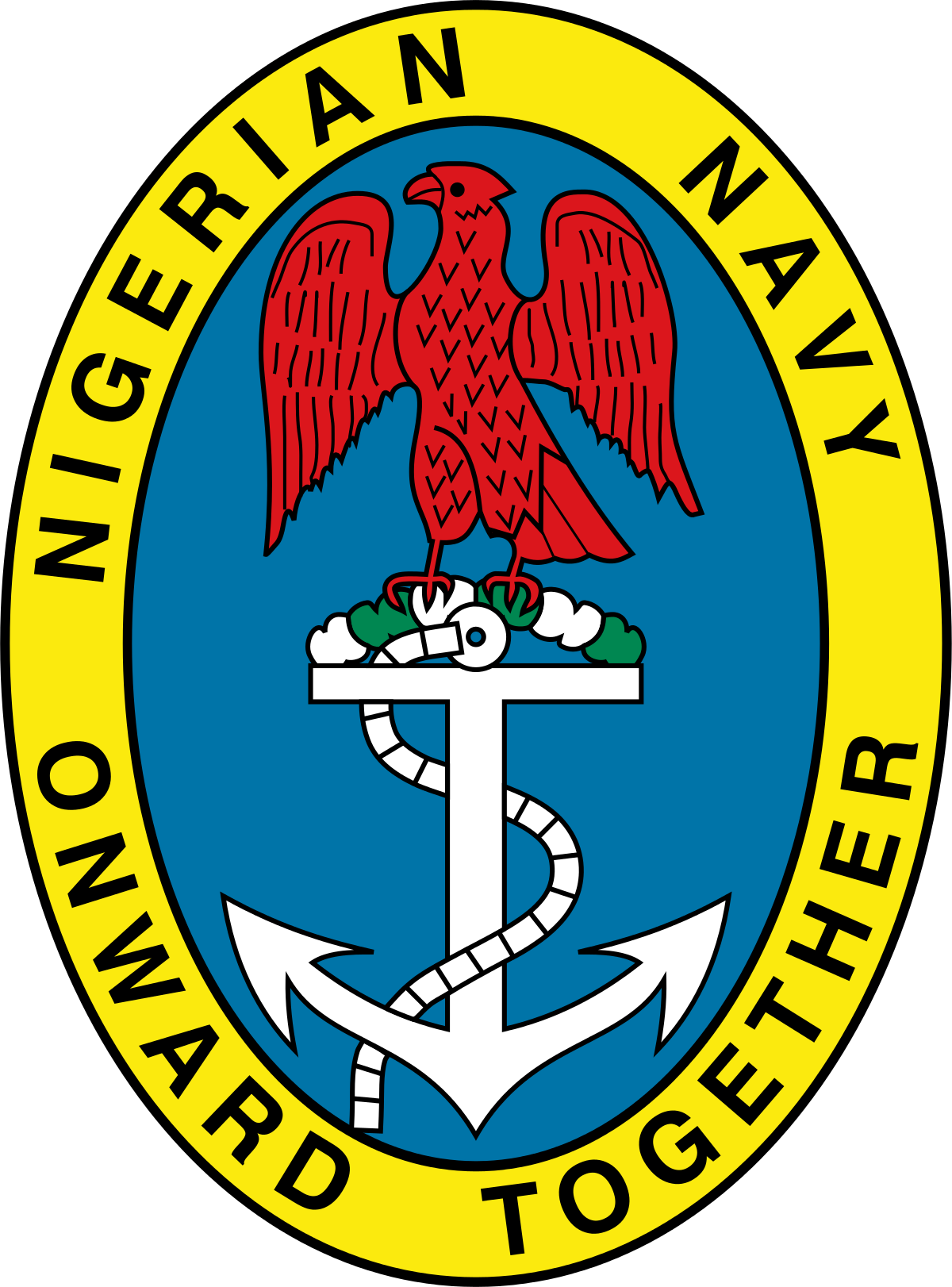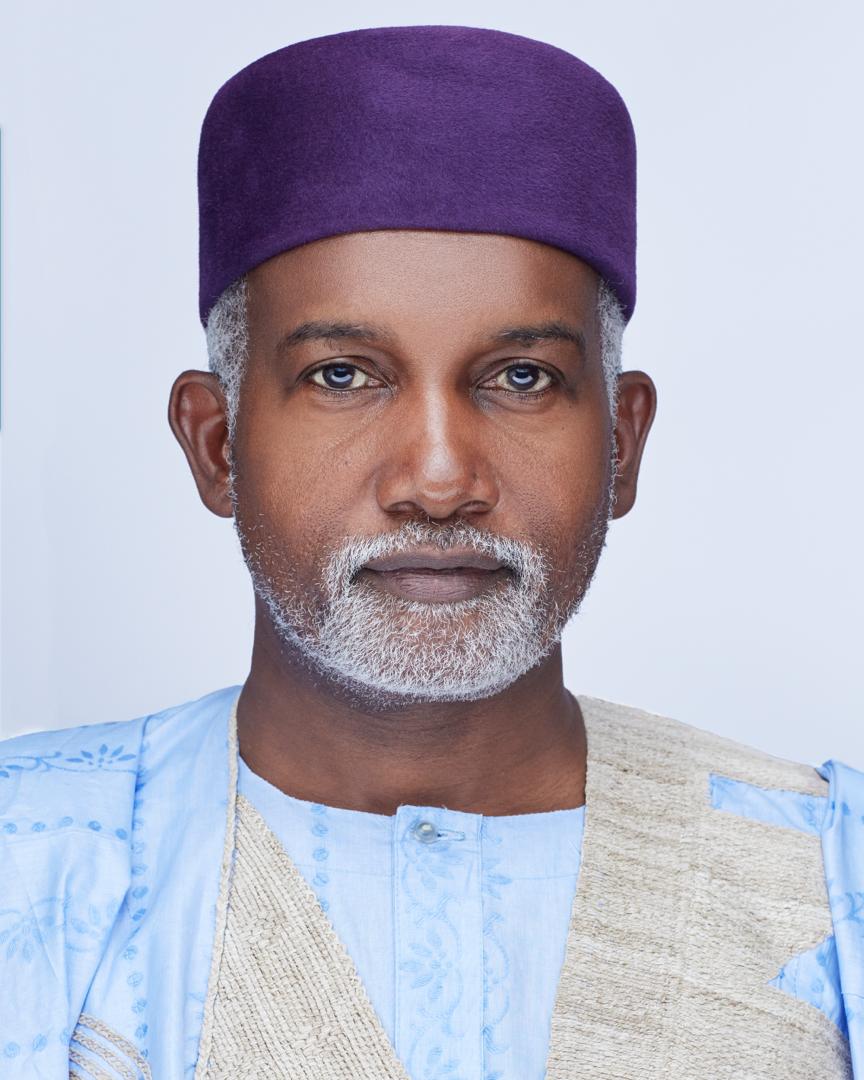Trump And Tinubu: Are Their Disruptive Leadership Strategies Beneficial? (2)
While BRICS and the Concept of Medium Powers have yet to disrupt the UN’s global influence, their emergence signals growing dissatisfaction with the status quo. Change in the global order is long overdue, yet it continues to be resisted by those benefiting from the existing system.
Similarly, the backlash against Trump and Tinubu reflects a broader resistance to shifts in political and economic power structures. Critics fear that modifying democracy could weaken its foundations, much like the concerns raised in Why Nations Fail, co-authored by Daron Acemoglu (2024 Nobel Laureate in Economics) and James Robinson. However, history suggests that evolution in governance is inevitable, even if it is met with initial resistance.
Trump, Musk, And The Transformation Of Governance
Following Donald Trump’s victory in the November 2024 election, Prof. Daron Acemoglu, an MIT economist, reflected on the state of American democracy in an article titled ‘The Fall and Rise of American Democracy’. In December 2024, he argued that democracy in the U.S. has increasingly failed to deliver on its core promises, in part because the Democratic Party had shifted its focus toward elite interests rather than working-class concerns. To regain its footing, he suggested, the party must reconnect with its working-class roots.
Elon Musk And The Technological Reinvention Of Democracy
Trump’s policy direction appears to harken back to the founding principles of American democracy in 1776. However, unlike in the past, technology now plays a key role in reshaping governance.
One of the most striking developments is the involvement of Elon Musk, widely regarded as the leading tech innovator of our time, in U.S. politics. Musk, who revolutionized the automobile industry with electric vehicles (EVs) and disrupted space exploration through SpaceX, has now turned his attention to reforming democracy—an institution that, remarkably, has remained largely unchanged since its origins in ancient Athens (508-507 BC).
Musk’s entry into the public sector echoes the strategies used by leaders like Lee Kuan Yew, who transformed Singapore from a developing nation into a global economic powerhouse by integrating top private-sector talent into governance. Trump’s business background likely played a role in attracting Musk, in contrast to Bill Gates, another former world’s richest man, who has focused on philanthropy rather than direct political involvement.
Musk’s Expanding Political Influence
Musk’s political involvement has extended beyond the U.S., sparking controversy across Europe and South Africa:
The Rise Of Nationalism And The Decline Of Globalization
Trump’s strict immigration policies—including tightening border security, ending birthright citizenship (Birthism), and cutting foreign aid (USAID)—reflect a global shift toward nationalism, mirroring trends in the UK, France, Germany, and other parts of Europe. This shift marks a departure from the era of globalization, which began in the 1820s, accelerated in 1914, and was formally named in 1983 by economist Theodore Levitt.
The current political climate bears similarities to historical periods of nationalistic realignment, such as the events described in 1 Kings 12:16 in the King James Bible, where people rejected central authority and sought self-determination.
Trump And Tinubu: Parallel Reforms In The U.S. And Nigeria
Trump’s efforts to restructure the U.S. government bear a striking resemblance to Bola Tinubu’s economic and political reforms in Nigeria.
Conclusion
Both Trump and Tinubu represent a new wave of political disruptors who are challenging established systems in their respective countries. Their governance styles have polarized public opinion, yet they remain committed to overhauling outdated structures. Whether their bold reforms will ultimately succeed or face insurmountable resistance remains to be seen. However, one thing is clear: the world is witnessing a significant shift in governance, where technology, nationalism, and economic pragmatism are increasingly shaping political decisions.
Executive Orders, Bureaucratic Resistance, And Historical Parallels
Donald Trump’s extensive use of executive orders has enabled him to bypass the traditional legislative process, which is typically responsible for making laws. However, in a democracy governed by checks and balances, the judiciary remains the only institution capable of restraining the executive branch by issuing court orders to suspend the implementation of presidential directives.
This dynamic is evident in the recent judicial blocks on three of Trump’s executive orders:
Elon Musk’s Role In Bureaucratic Overhaul
Despite these legal setbacks, Elon Musk, the tech billionaire behind Tesla, SpaceX, The Boring Company, and Neuralink, remains committed to transforming Washington’s bureaucracy. Now deeply involved in government through his role in DOGE, Musk aims to eliminate inefficiencies—a mission consistent with his Silicon Valley mindset of disrupting outdated systems.
Both established politicians and new reformers acknowledge that bureaucratic inefficiencies contribute to America’s massive $36.22 trillion national debt. However, like the proverbial saying “everyone wants an omelet, but no one wants to break an egg,” career politicians are resisting Trump’s efforts to restructure government, despite agreeing on the need for change.
Modern day Political Thinker Francis Fukuyama, known for his works on democracy and governance (e.g., State-Building: Governance and World Order in the 21st Century), likely did not anticipate a transformation of this magnitude under Trump’s leadership.
Parallels Between The U.S. And Nigeria: Trump’s DOGE Vs. Tinubu’s Oronsaye Report
Trump’s DOGE initiative to streamline government mirrors Nigeria’s Oronsaye Report, a comprehensive review of governance costs led by Steve Oronsaye, a former Head of Service of the Nigerian government. The report, commissioned during Goodluck Jonathan’s administration (2011-2012), aimed to reduce Nigeria’s bloated recurrent expenditure, which has consistently overshadowed capital investment, leading to a national debt of about N140 trillion.
The 2025 Nigerian budget, currently under legislative review, proposes N54 trillion in expenditures, with over N16 trillion earmarked for debt servicing. While President Bola Tinubu has officially approved the Oronsaye Report, its implementation has been delayed, likely due to:
Global Bureaucratic Reforms: A Recurring Challenge
Interestingly, the struggle to reform government inefficiencies is not unique to Nigeria or the U.S. Similar efforts have been attempted—and often resisted—throughout history:
Conclusion
Whether in the U.S. under Trump or Nigeria under Tinubu, efforts to streamline government and reduce inefficiency continue to face institutional resistance. However, Trump’s aggressive approach, backed by Musk, stands in contrast to Tinubu’s more measured strategy, likely influenced by Nigeria’s economic realities.
Ultimately, while bureaucratic reform is a global challenge, history suggests that without sustained political will, such initiatives often get shelved—just like Nigeria’s Oronsaye Report and Reagan’s Grace Commission.
Trump And Tinubu: Disruptive Leadership And Resistance To Change
Perhaps in the future, once Nigeria’s economy stabilizes, President Bola Tinubu may fully implement the Steve Oronsaye Report to streamline ministries, departments, and agencies (MDAs), reducing the cost of governance, much like Donald Trump’s Department of Government Efficiency (DOGE) initiative in the U.S.
One key similarity between Trump and Tinubu is their speed, depth, and urgency in introducing and implementing policies. Just as Tinubu’s sudden removal of the fuel subsidy during his inaugural speech shocked Nigerians, Trump’s declaration in his own inauguration speech—affirming that the U.S. Constitution recognizes only male and female genders—came as a blow to the LGBTQ+ community. Trump has since followed up with an executive order banning biological males from competing in female sports, a move that has intensified debates on gender identity in America.
Understanding Trump’s Leadership Approach Beyond Political Narratives
Despite the widespread perception of Trump as a controversial and polarizing figure, many fail to objectively analyze his leadership style. Instead, much of the discourse around Trump and Tinubu are shaped by the narratives of their political opponents, which have successfully influenced mainstream opinion. However, a closer examination reveals that Trump’s and Tinubu’s policies often follow the principles of common sense—especially when addressing issues like budget deficits and government inefficiencies.
Governments facing ballooning fiscal deficits naturally look for ways to cut excess spending, and downsizing the public sector, as envisioned by DOGE and Oronsaye Report, are common private-sector strategy that have rarely been tested in government. Trump, now in his second and final term, has only four years to implement his paradigm shift, making it reasonable to allow him to experiment with his policies and assess their impact.
Tinubu too is in the mid-term of his first term and has all the time to change tack in the unlikely event that his current approach, if diligently pursued fails.
The Resistance To Change In Democratic Systems
It is worth questioning why Western democracies, particularly in Washington and Europe, insist on practicing democracy in its traditional Greek form, with minimal modifications beyond the refinements introduced by Enlightenment thinkers like John Locke, Jean-Jacques Rousseau, and Montesquieu. Historically, establishment elite have resisted change—just as they are now pushing back against the pair of Trump’s and Tinubu’s governance approach.
The struggle to redefine democracy is not unique to developing nations like those in Africa, which only began embracing democracy in the 1950s. Even in established Western democracies, there is increasing tension between traditional governance models and modern political realities. Factors contributing to the perceived weakening of democracy include:
- The rapid spread of information through social media, accelerating political awareness and mobilization.
Some scholars argue that democracy is experiencing “disconsolidation” and “erosion,” leading to confusion and resistance among traditionalists, who struggle to adapt to the evolving political landscape.
Policy Wins And Setbacks: Trump Vs. Tinubu
In Nigeria, some of Tinubu’s reforms have been well received, particularly:
The Challenge Of Disruptive Leadership
The struggles of Trump and Tinubu highlight a fundamental truth: disrupting entrenched systems is always met with fierce resistance. Leaders who attempt to overhaul traditional governance structures are often criticized, demonized, and dismissed as reckless or radical. This pattern is consistent throughout history—visionary disruptors are rarely appreciated in their time.
However, if Trump’s and Tinubu’s governance experiments ultimately prove beneficial to a majority of citizens, they will likely be celebrated in retrospect. For now, both leaders remain at the center of intense political storms.
My instinct suggests that history may eventually vindicate both Trump and Tinubu.
Magnus Onyibe, a public policy analyst, author, democracy advocate, development strategist, alumnus of the Fletcher School of Law and Diplomacy, Tufts University, Massachusetts, USA, and a former commissioner in the Delta State government, (2003-2007) sent this piece from Lagos, Nigeria.
To continue with this conversation and more, please visit www.magnum.ng.










